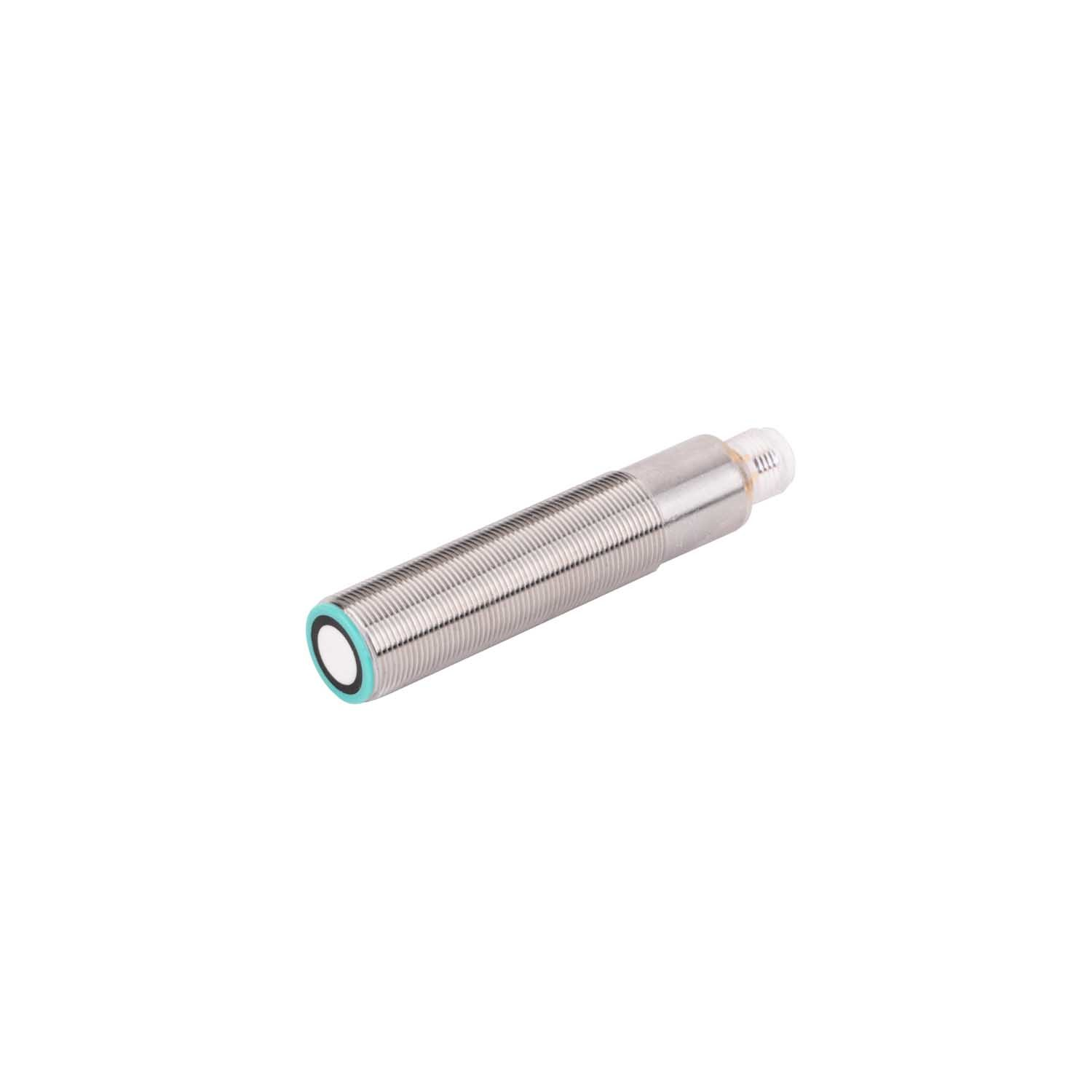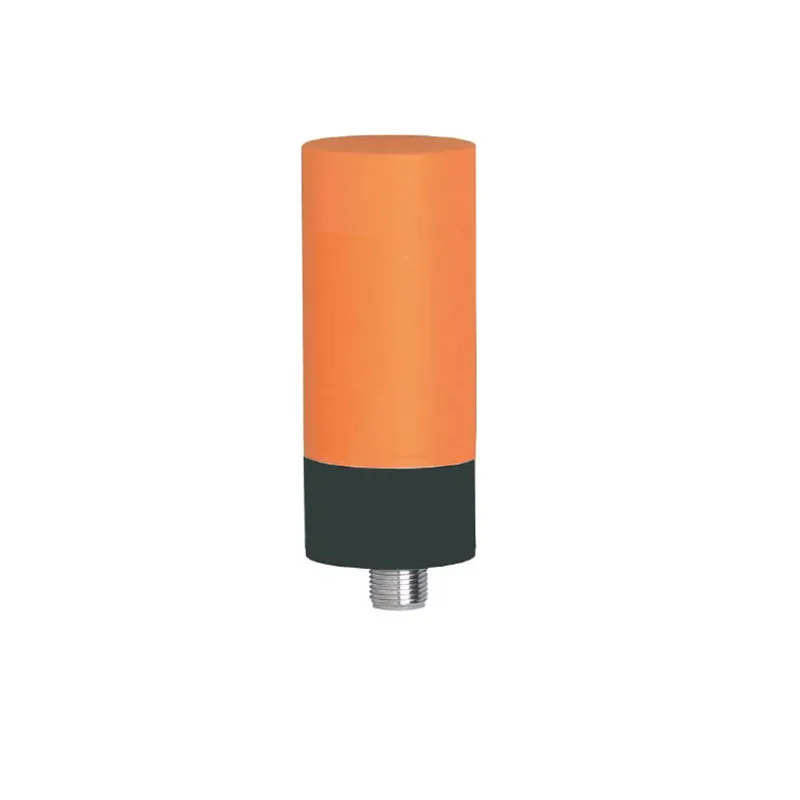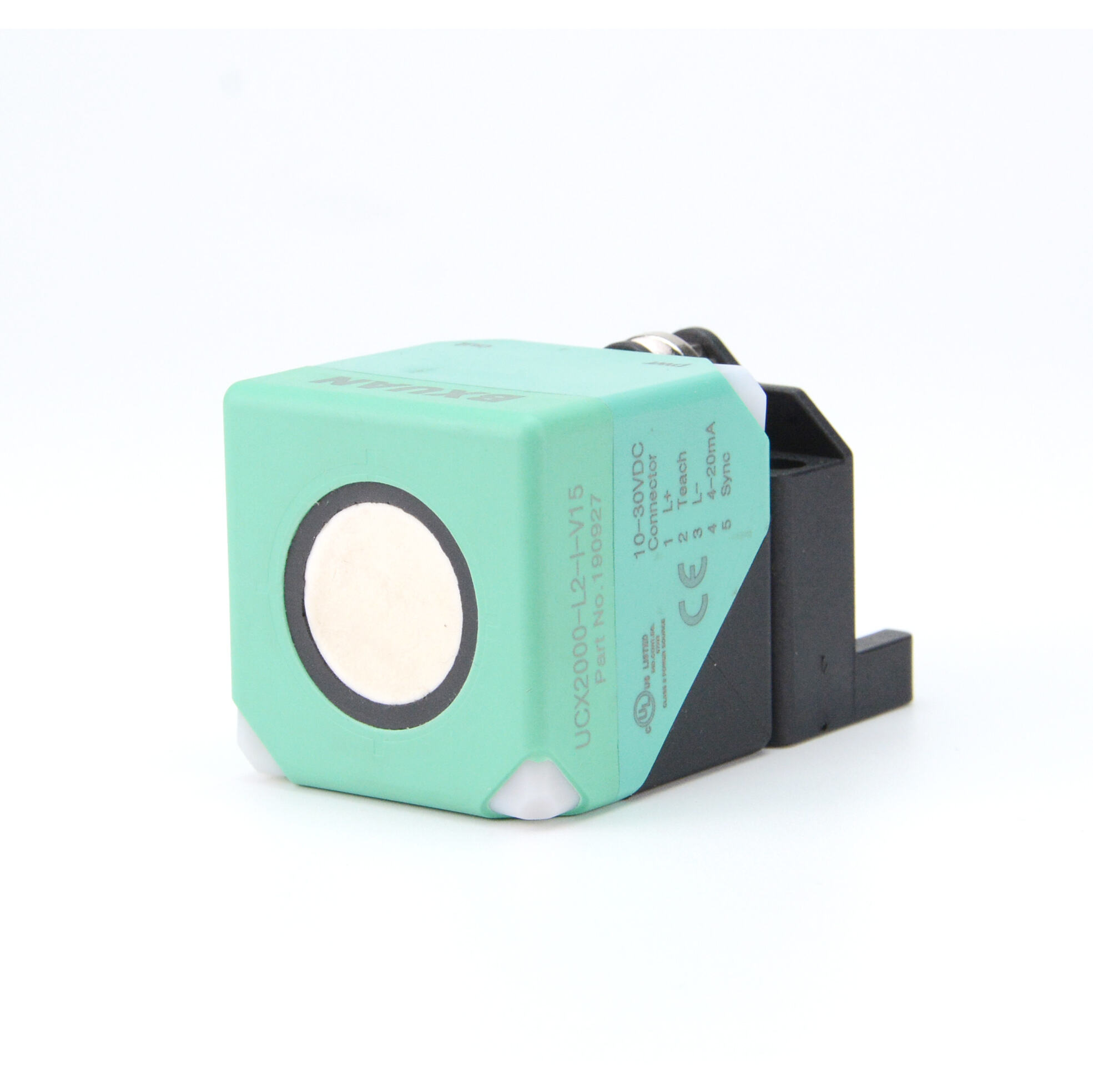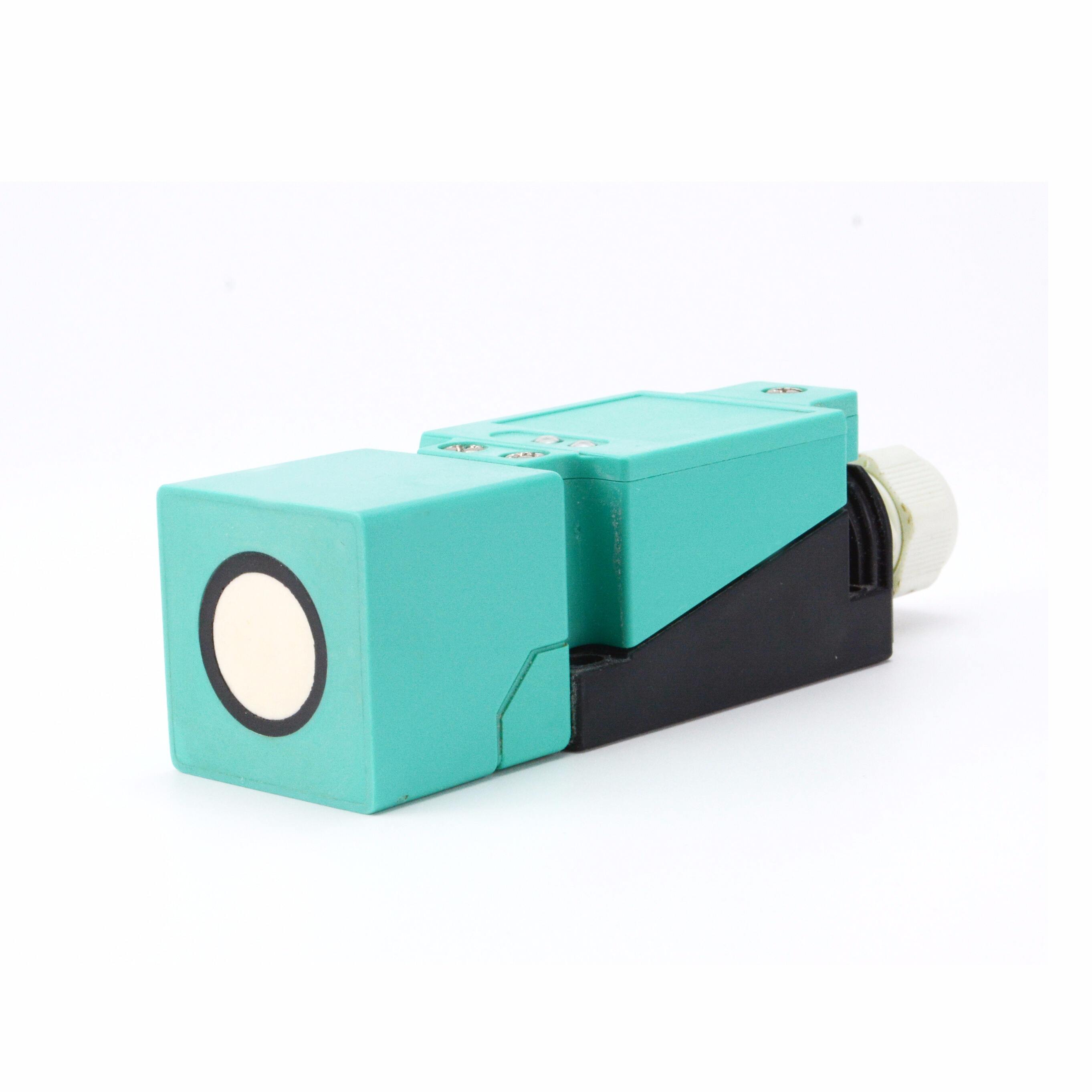sonar level sensor
A sonar level sensor is a sophisticated measurement device that utilizes ultrasonic waves to determine the level of liquids or solids in various containers. Operating on the principle of sound wave reflection, these sensors emit high-frequency acoustic pulses that bounce off the target surface and return to the sensor. The time taken for this round trip is precisely measured to calculate the distance to the material surface. Modern sonar level sensors incorporate advanced temperature compensation mechanisms and powerful signal processing capabilities to ensure accurate measurements across diverse environmental conditions. These devices excel in non-contact level measurement, making them ideal for applications where physical contact with the medium is undesirable or impractical. The sensor's versatility allows it to measure materials ranging from water and chemicals to granular solids and slurries. Featuring digital displays and multiple output options, including 4-20mA, HART protocol, or Modbus communication, these sensors can easily integrate into existing control systems. Their robust construction typically includes corrosion-resistant materials and protective housings, enabling reliable operation in harsh industrial environments. The technology's non-invasive nature and ability to provide continuous, real-time measurements have made sonar level sensors essential tools in industries such as water treatment, chemical processing, food and beverage production, and mining.










